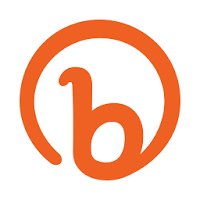Designing Smart Locks For Airbnbs And Growing To $5M/Year
Hello! Who are you and what are you working on?
Hi! We’re igloohome and we create smart locks and lockboxes - these devices allow property owners to grant access to their properties remotely, via a mobile app.
Property owners can create PIN codes or Bluetooth keys to send to guests, and select how long these are valid for. Being able to limit the time range of these virtual keys ensures that the property is kept safe.
Our products work offline, which mean that there is no worry about wifi connectivity or wifi hacking. The technology behind our devices involves synchronization and encryption, similar to that in the internet banking token.
We are a partner of Airbnb and can integrate the generation of PIN codes with an Airbnb host's calendar. After a reservation on Airbnb is confirmed, igloohome automatically sends the guest a personalized PIN code to enter the host's property. When the guest checks out, the PIN code is automatically deactivated, giving the host peace of mind.
Till date, our products have been rolled out to over 80 countries, to great reviews. Our products have also received numerous media mentions and awards such as the





































